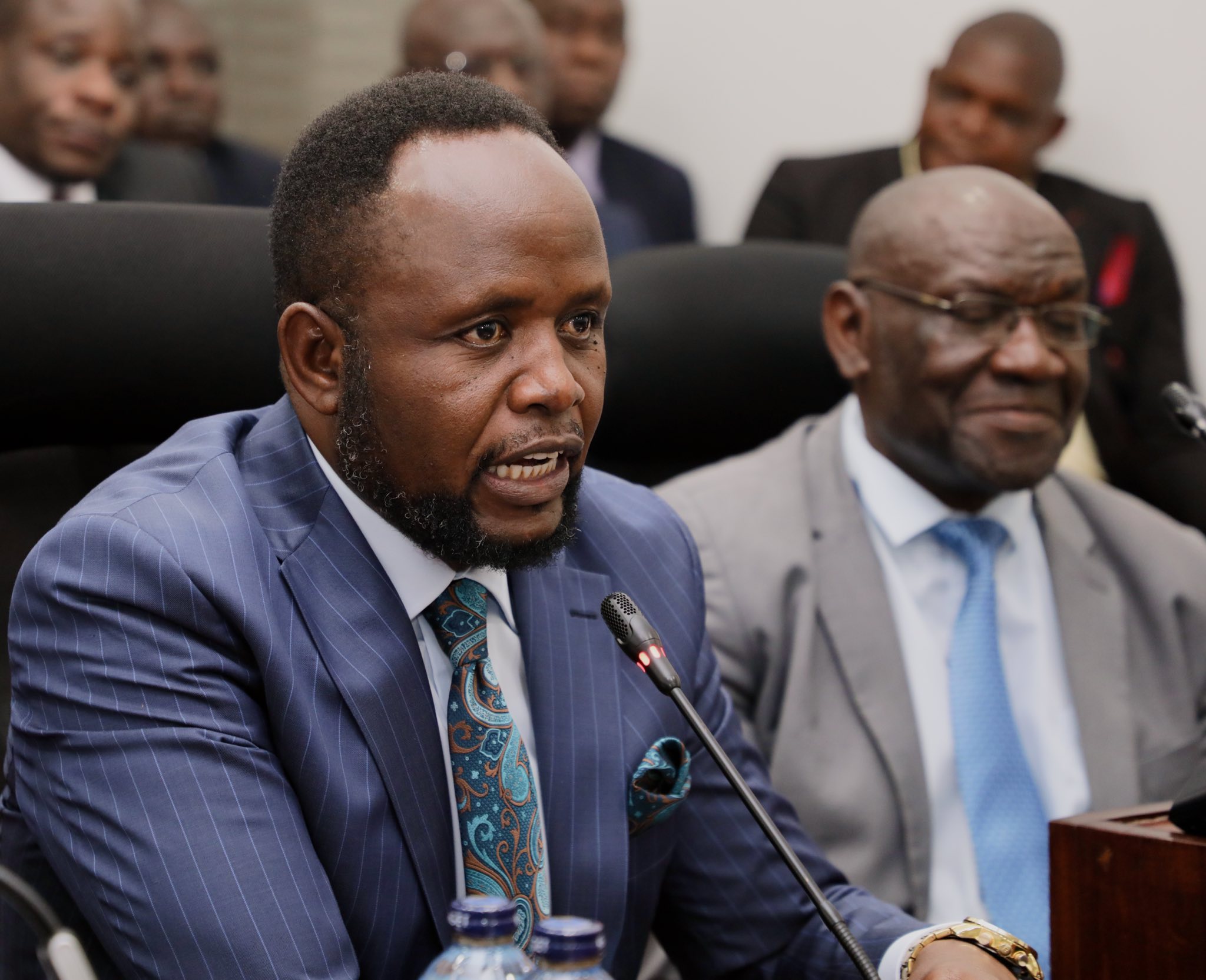Africa lags in ID cards coverage as experts urge inclusive access

According to the lender, this disparity highlights ongoing challenges in ensuring that millions across the continent can prove who they are, a fundamental step toward social and economic inclusion.
Africa trails other global regions in identity (ID) coverage, according to the World Bank’s latest Identification for Development (ID4D) database update.
While most regions boast over 90 per cent foundational ID coverage for adults, Sub-Saharan Africa’s rate stands at about 80 per cent, with nine countries reporting figures below 70 per cent.
More To Read
- Why mastering Generative AI is the fastest way to boost your career and salary
- Government tightens ID registration checks after scrapping vetting process
- Africa’s agricultural exports are losing ground: Four key interventions that could lift sector again
- World Bank sounds alarm as Kenya’s labour market weakens, wages fall and informal jobs surge
- World Bank upgrades Kenya’s growth outlook to 4.9 per cent, warns of elevated risks
- Residents to receive Sh500 million compensation for Isiolo-Garbatulla-Modogashe road project
“However, coverage has improved in the region since 2017, when adult ID coverage was only 72 per cent on average,” the World Bank said.
According to the lender, this disparity highlights ongoing challenges in ensuring that millions across the continent can prove who they are, a fundamental step toward social and economic inclusion.
For adults without an ID, the impact is immediate and far-reaching.
“In many developing countries, getting access to mobile connectivity is often the biggest hurdle: about 41 per cent of adults without an ID say they cannot purchase a SIM card, cutting them off from mobile money, communication and essential e-government services.”
Other impacts from not having an ID include being unable to participate in elections, secure formal employment, open a bank account, or access healthcare.
Globally, the update reveals that about 800 million people still lack official proof of identity, equivalent to one in every ten people.
This number has declined from 850 million in 2021, showing progress but also underscoring the scale of the challenge.
Notably, more than half of those without an ID are children whose births were never registered.
The data also reveal that 2.9 billion people globally still lack access to a digital ID that allows secure authentication for online transactions, a figure that has declined from 3.3 billion in 2021.
The lender reiterates that such digital credentials are increasingly vital as more services move online.
They enable citizens to safely confirm their identities for remote banking, tax filing, business registration, and healthcare access.
Despite progress, the report warns of persistent inequalities. “Women often face greater barriers,” it notes.
It explains that men are significantly more likely to hold IDs in several developing economies, with the gender gap reaching as high as 20 percentage points in some countries.
Similarly, people in rural areas, poorer households and those with less education are less likely to own or use an ID, further entrenching cycles of exclusion.
The World Bank thus emphasises that expanding coverage alone is not enough; IDs must be practical, trusted, and broadly accepted by service providers, so they truly work for people in everyday life.
Top Stories Today














































